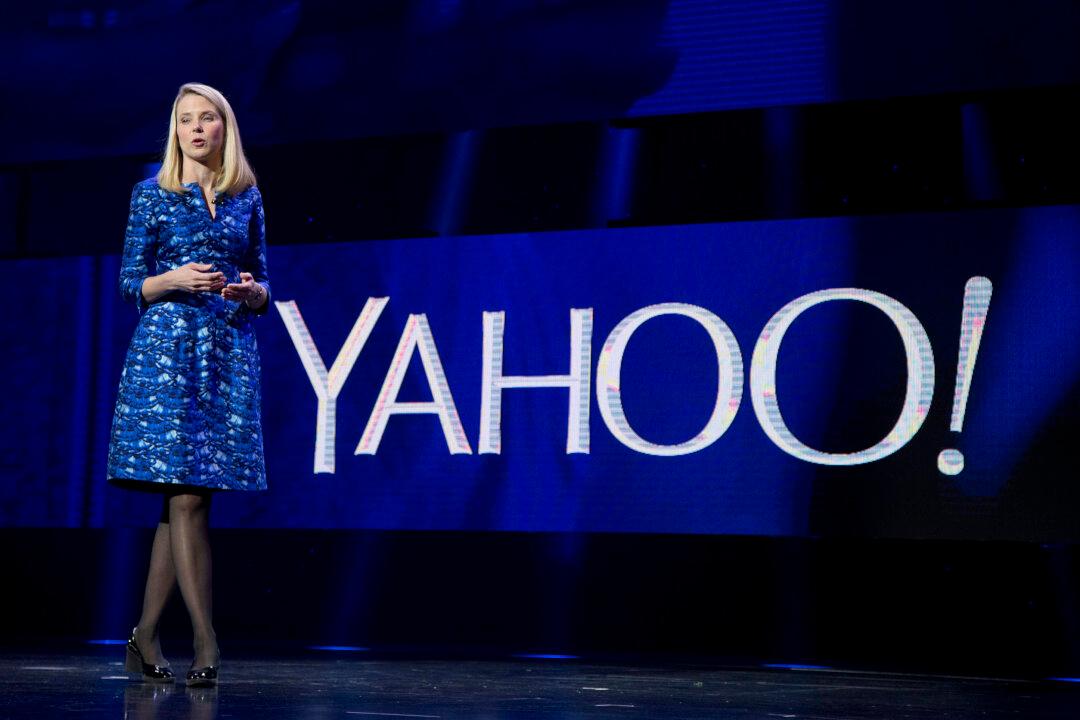The two biggest beer producers in the world are set to merge after SABMiller accepted Anheuser-Busch InBev’s $104 billion offer. The deal will create a brewer selling one in every third beer worldwide, with brands like Budweiser, Stella Artois, Grolsch, Miller, Corona, and Peroni under its umbrella.
As with all mergers and acquisitions, the idea is that by joining forces the new bigger-and-better company can implement economies of scale and scope, as well as increasing its market share—all resulting in greater profits. But there are no guarantees.
Research consistently finds that between 60 percent and 80 percent of acquisitions fail to deliver the expected benefits and more than 50 percent destroy shareholder value. The reasons usually lie in the buyer being forced to pay too much for the company it is acquiring, botched integration and an over-estimation of the merger’s benefits.
Belgian brewer AB InBev has both a reputation and demonstrable track record for being able to effectively extract savings when acquiring new assets. For example when it took over Anheuser-Busch in 2008. But mergers are a costly exercise for the bidder’s shareholders (and potentially customers). It is likely only the target’s shareholders who will be the main beneficiaries.
Who Really Benefits?
In major manufacturing operations economies of scale can be enormous which means breweries will be streamlined to focus on the largest and most modern. Economies of scope—where it’s cheaper to produce a range of products together than individually—will be substantial too. In terms of personnel, for example, head offices and country management teams are likely to be integrated. Plus, the combined purchasing power of the new bigger company should also realize substantial savings.
The deal will also give AB InBev access to growth markets in Africa and Latin America where it is currently not represented. Management will expect to benefit as they will preside over a much greater business resulting in greater pay, power, and status.
But if drinkers are hoping the cost savings will be passed on to them I feel they will be sorely disappointed. They will probably find that choice will diminish as well. Indeed greater market power arising from mergers usually results in higher prices.


